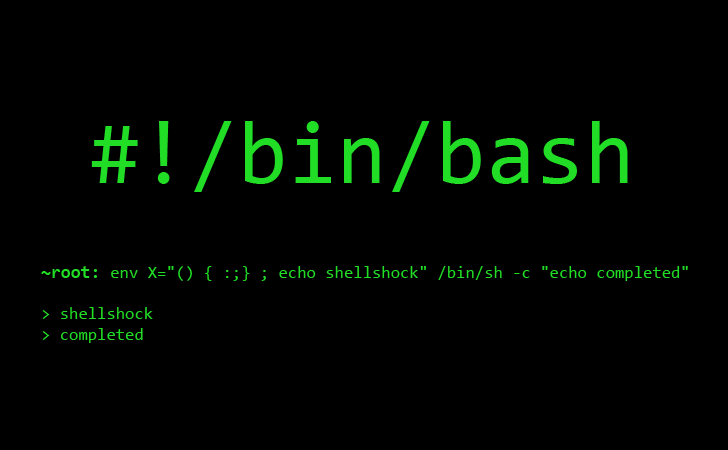[Find user defined functions] elf에 사용자 정의 함수 찾기
글 작성자: Universe7202

CTF 문제를 풀때 ELF 파일을 GDB로 분석할 때가 있는데,
어떤 사용자 정의 함수들이 있는지 알기 위해서 objdump 명령어를 사용하는 경우가 있다.
objdump 명령어를 이용하면 간략하게 볼 수 없기 때문에 이를 간략하게 보기위해 c로 만들어 보았다.
#include <stdio.h>
#include <string.h>
char *str_replace(char *orig, char *rep, char *with) {
char *result; // the return string
char *ins; // the next insert point
char *tmp; // varies
int len_rep; // length of rep (the string to remove)
int len_with; // length of with (the string to replace rep with)
int len_front; // distance between rep and end of last rep
int count; // number of replacements
// sanity checks and initialization
if (!orig || !rep)
return NULL;
len_rep = strlen(rep);
if (len_rep == 0)
return NULL; // empty rep causes infinite loop during count
if (!with)
with = "";
len_with = strlen(with);
// count the number of replacements needed
ins = orig;
for (count = 0; tmp = strstr(ins, rep); ++count) {
ins = tmp + len_rep;
}
tmp = result = malloc(strlen(orig) + (len_with - len_rep) * count + 1);
if (!result)
return NULL;
// first time through the loop, all the variable are set correctly
// from here on,
// tmp points to the end of the result string
// ins points to the next occurrence of rep in orig
// orig points to the remainder of orig after "end of rep"
while (count--) {
ins = strstr(orig, rep);
len_front = ins - orig;
tmp = strncpy(tmp, orig, len_front) + len_front;
tmp = strcpy(tmp, with) + len_with;
orig += len_front + len_rep; // move to next "end of rep"
}
strcpy(tmp, orig);
return result;
}
int main(int argc, char *argv[]){
char exec[100];
char *filter;
if(argc == 1){
printf("Give your ELF file name.\n");
}
else if(argc > 3){
printf("So many argvs.\n");
}
else{
filter = str_replace(argv[1], "{", "");
filter = str_replace(filter, "}", "");
filter = str_replace(filter, "(", "");
filter = str_replace(filter, ")", "");
filter = str_replace(filter, "<", "");
filter = str_replace(filter, ">", "");
filter = str_replace(filter, "&", "");
filter = str_replace(filter, "*", "");
filter = str_replace(filter, "`", "");
filter = str_replace(filter, "|", "");
filter = str_replace(filter, "=", "");
filter = str_replace(filter, "?", "");
filter = str_replace(filter, ";", "");
filter = str_replace(filter, "[", "");
filter = str_replace(filter, "]", "");
filter = str_replace(filter, "$", "");
filter = str_replace(filter, "-", "");
filter = str_replace(filter, "#", "");
filter = str_replace(filter, "~", "");
filter = str_replace(filter, "!", "");
filter = str_replace(filter, ".", "");
filter = str_replace(filter, "‘", "");
filter = str_replace(filter, "”", "");
filter = str_replace(filter, "%", "");
filter = str_replace(filter, "/", "");
filter = str_replace(filter, "\\", "");
filter = str_replace(filter, ":", "");
filter = str_replace(filter, "+", "");
filter = str_replace(filter, ",", "");
snprintf(exec, 100,"nm -P %s | awk '$2 == \"T\" {print $1}'", filter);
system(exec);
}
}
위 c코드를 컴파일 한 뒤 실행 권한을 주고, /bin 디렉토리에 넣고 사용하면 된다.
사용방법은 간단하다.
아래 처럼 현재 디렉토리에서 ELF 파일 이름을 인자로 던져주면 끝이다.
ubuntu:~/ $ ls
bof
ubuntu:~/ $ file bof
bof: ELF 32-bit LSB shared object...
ubuntu:~/ $ func bof
b func
b main
func은 위 c코드를 컴파일 했을때의 파일 이름이다.
bof 파일을 보았을때 func, main 함수가 있는 것을 볼 수 있다.
'🔒Security' 카테고리의 다른 글
| [pwn] - environ 변수로 stack leak 하기 (1) | 2020.02.23 |
|---|---|
| 64bits 인자 값 전달 방식 순서 (0) | 2020.01.28 |
| [PHP] How To Prevent SQL injection attack via secure code (0) | 2019.12.08 |
| [PHP] password_hash와 password_verify로 패스워드 안전하게 관리하기 (0) | 2019.12.08 |
| [bof] - RTL Chaining 공격 기법 (0) | 2019.09.29 |
댓글
이 글 공유하기
다른 글
-
[pwn] - environ 변수로 stack leak 하기
[pwn] - environ 변수로 stack leak 하기
2020.02.23 -
64bits 인자 값 전달 방식 순서
64bits 인자 값 전달 방식 순서
2020.01.28 -
[PHP] How To Prevent SQL injection attack via secure code
[PHP] How To Prevent SQL injection attack via secure code
2019.12.08 -
[PHP] password_hash와 password_verify로 패스워드 안전하게 관리하기
[PHP] password_hash와 password_verify로 패스워드 안전하게 관리하기
2019.12.08